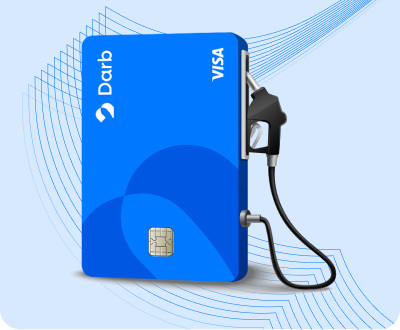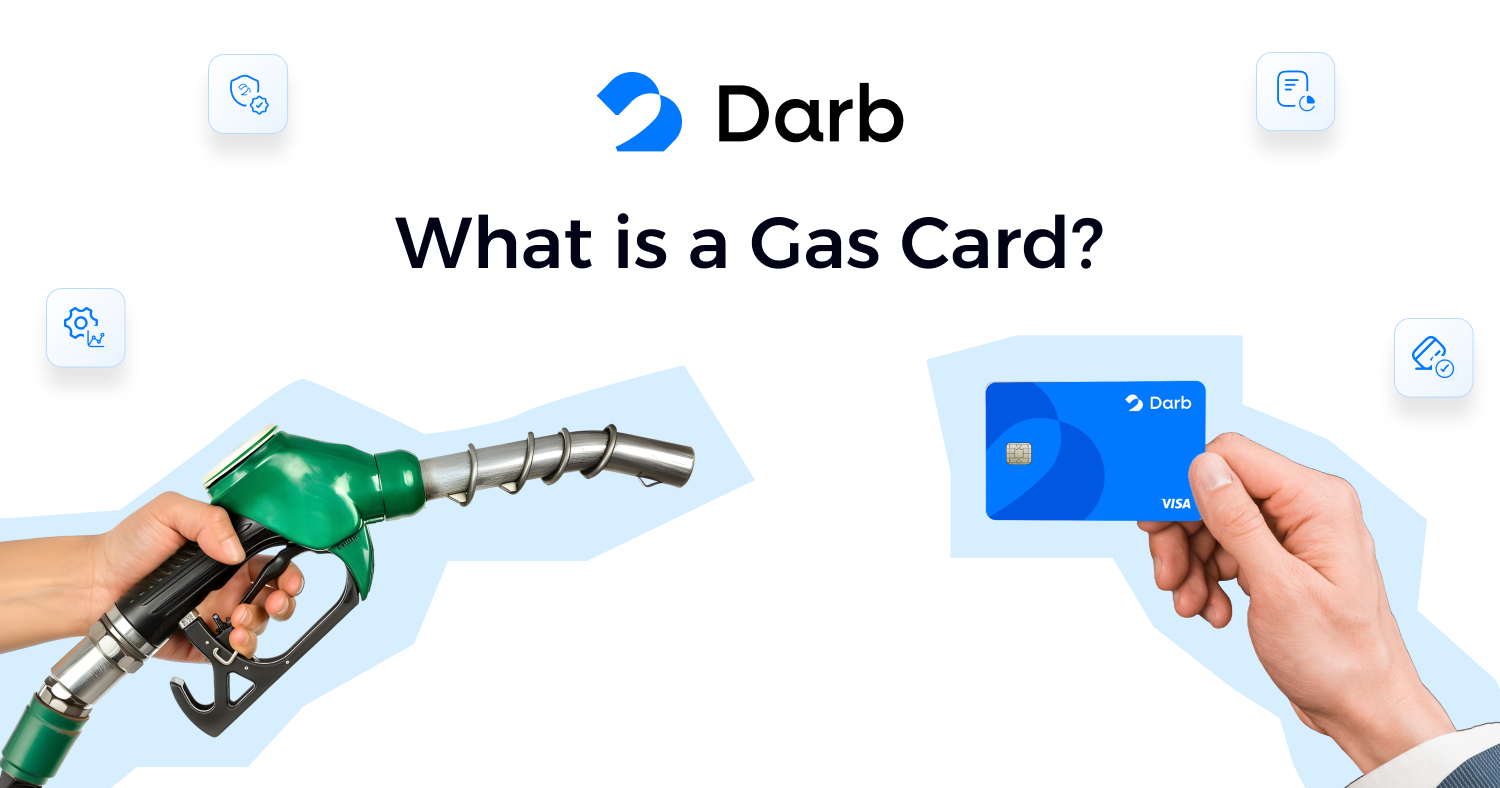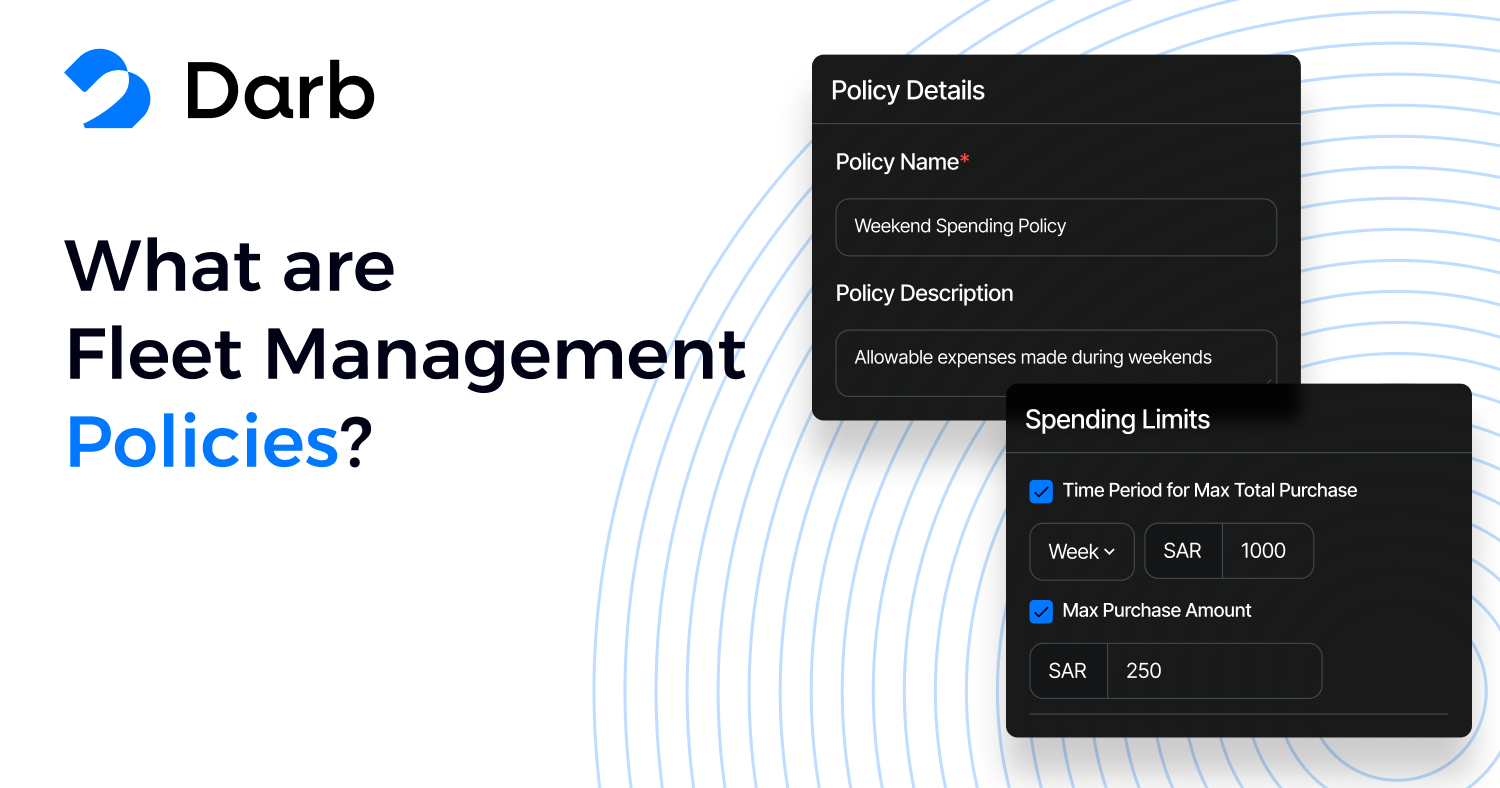Fuel expenses can take up a significant portion of a vehicle owner’s budget, especially with fluctuating fuel prices. Whether you drive for work, run a business that relies on transportation, or just want to cut costs on your daily commute, saving money on fuel is a priority. Fortunately, there are many strategies that can help you reduce fuel consumption, maximize efficiency, and ultimately keep more money in your pocket. Below are practical tips on how to save money on your fuel.
1. Drive More Efficiently
Your driving habits have a major impact on fuel consumption. By adopting more fuel-efficient driving techniques, you can significantly cut down on your fuel usage. Here’s how:- Avoid Rapid Acceleration and Braking – Aggressive driving, including sudden starts and stops, burns more fuel than smooth acceleration and gradual braking.
- Maintain a Consistent Speed – Using cruise control on highways helps keep a steady speed, reducing unnecessary fuel burn.
- Avoid Idling – Idling wastes fuel. If you expect to be stationary for more than a minute, turn off the engine.
- Use the Right Gear – If you drive a manual transmission, shifting to higher gears as soon as possible reduces fuel consumption.
2. Plan Your Trips Wisely
Careful trip planning can lead to substantial fuel savings by minimizing unnecessary travel.- Combine Errands – Instead of making multiple trips, combine errands into one trip to reduce mileage.
- Avoid Rush Hour Traffic – Stop-and-go traffic wastes fuel. Try traveling during off-peak hours when possible.
- Use Navigation Apps – Apps like Google Maps and Waze can help you find the most fuel-efficient route and avoid traffic congestion.
3. Keep Your Vehicle Well-Maintained
Regular vehicle maintenance can significantly improve fuel efficiency and prolong the life of your car.- Check Tire Pressure – Underinflated tires increase rolling resistance, making your engine work harder. Check tire pressure regularly and maintain manufacturer-recommended levels.
- Use the Right Motor Oil – Using the wrong type of motor oil can create excess friction in your engine, reducing fuel efficiency.
- Replace Air Filters – A clogged air filter restricts airflow to the engine, making it work harder and burn more fuel.
- Get Regular Tune-Ups – Ensure your vehicle receives periodic servicing to keep it running efficiently.
4. Choose Fuel-Efficient Vehicles
If you are considering purchasing a new vehicle, fuel efficiency should be a key factor in your decision.- Opt for Hybrid or Electric Vehicles – These vehicles use less fuel or no fuel at all, saving you money in the long run.
- Choose Smaller, Fuel-Efficient Cars – Smaller vehicles with fuel-efficient engines consume less fuel compared to larger, gas-guzzling SUVs or trucks.
- Check the Fuel Economy Rating – Before buying a car, check its fuel economy rating (miles per gallon or liters per 100 km) to ensure you get a vehicle that meets your needs while saving fuel.
5. Use Fuel Rewards Programs and Discounts
Many fuel stations and businesses offer discounts or reward programs to help you save on fuel costs.- Sign Up for Fuel Rewards Cards – Many gas stations offer rewards programs where you can earn discounts on fuel with each purchase.
- Use Cashback Credit Cards – Some credit cards provide cashback on fuel purchases, reducing overall costs.
- Check for Loyalty Programs – Many supermarkets and retailers offer fuel discounts when you shop with them.
- Look for Discounted Fuel Days – Some gas stations offer discounts on specific days of the week.
6. Reduce Vehicle Weight and Drag
Excess weight and drag force your engine to work harder, leading to increased fuel consumption.- Remove Unnecessary Items – Extra weight in your trunk or back seat can reduce fuel efficiency. Keep only essential items in your car.
- Avoid Roof Racks – Roof racks create additional wind resistance, decreasing fuel efficiency.
- Keep Windows Closed at High Speeds – Open windows increase aerodynamic drag, which forces the engine to use more fuel.
7. Use Alternative Transportation Methods
If possible, consider alternative transportation options to reduce fuel expenses.- Carpooling – Sharing rides with others can significantly cut down fuel costs.
- Public Transport – Using buses, trains, or subways can be more cost-effective than driving.
- Cycling or Walking – For short distances, walking or biking is a great way to save fuel and improve your health.
- Work from Home – If your job allows it, working from home can eliminate fuel costs altogether.
8. Choose the Right Fuel and Refueling Strategies
Using the right fuel and refueling at optimal times can lead to cost savings.- Use the Recommended Fuel Grade – Check your vehicle’s manual for the recommended fuel grade. Using premium fuel when it’s not required is an unnecessary expense.
- Refuel at the Right Time – Fuel prices tend to be lower earlier in the week, so refueling on Monday or Tuesday can save you money.
- Avoid Filling Up on High-Demand Days – Fuel prices often increase before holidays or during peak travel seasons.
- Fill Up Before Reaching Empty – Running on an almost empty tank can force you to refuel at the nearest (and possibly most expensive) gas station.
9. Leverage Fuel-Saving Technology
Advancements in technology have made it easier than ever to monitor and reduce fuel consumption.- Use Fuel Management Apps – Apps like Fuelly or GasBuddy help track fuel expenses and find the cheapest gas stations.
- Install a Fuel Consumption Monitor – Some aftermarket devices can be installed in your car to track real-time fuel efficiency and suggest improvements.
- Turn Off Unnecessary Accessories – Using air conditioning, seat warmers, and other electronic accessories increases fuel consumption.
10. Consider Fuel Cards for Better Expense Management
Fuel cards, such as those offered by Darbpay, provide an excellent way to track and control fuel expenses. These cards help businesses and individual drivers by:- Tracking Fuel Usage – Fuel cards provide detailed reports on fuel consumption and expenses.
- Setting Spending Limits – Businesses and fleet operators can set limits to prevent overspending.
- Preventing Fuel Fraud – Linking fuel usage to mileage meters ensures that fuel is used efficiently and not misappropriated.
- Accessing Discounts – Many fuel card providers negotiate discounts with fuel stations, leading to further savings.






